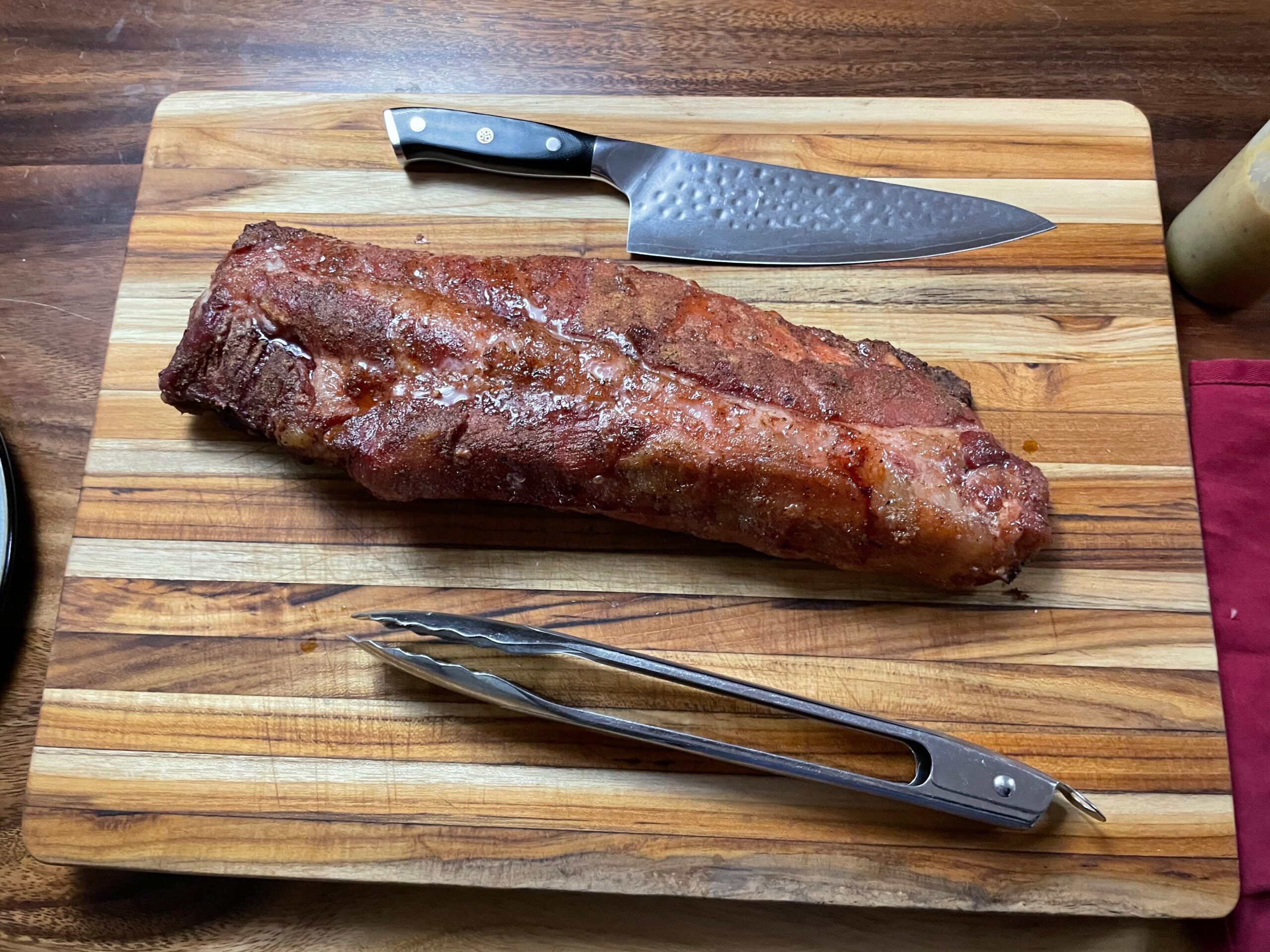I will explain the importance of using a sharp knife when cooking. I will begin by discussing the benefits of using a sharp knife, including improved safety, efficiency, and precision in the kitchen. Then, I will offer some tips on how to sharpen and maintain your knives to ensure their longevity and effectiveness in the kitchen.
Benefits of Using a Sharp Knife:
- Improved Safety: A sharp knife is safer than a dull one because it requires less force to cut through food. When a knife is dull, it can slip off the food and cause injury to the user. A sharp knife also allows for more control and stability when cutting, reducing the risk of accidental cuts.
- Increased Efficiency: A sharp knife makes food preparation faster and more efficient. When a knife is dull, it requires more effort to cut through food, which slows down the preparation process. A sharp knife, on the other hand, can easily slice through food, allowing for more precise and efficient cuts.
- Enhanced Precision: A sharp knife allows for more precise cuts, which is especially important when working with delicate ingredients. When a knife is dull, it can crush and damage the food, resulting in an unappealing appearance and texture. A sharp knife, on the other hand, can make clean and precise cuts, enhancing the appearance and texture of the food.
Tips for Sharpening and Maintaining Your Knives:
- Use a Whetstone: A whetstone is a specialized tool that is used to sharpen knives. To use a whetstone, wet the stone and place it on a stable surface. Hold the knife at a 20-degree angle and move it back and forth along the stone, applying pressure as you go. Repeat this process on both sides of the blade until the knife is sharp.
- Use a Honing Steel: A honing steel is a tool that is used to realign the edge of a knife. To use a honing steel, hold the knife at a 20-degree angle and swipe it along the steel, applying pressure as you go. Repeat this process on both sides of the blade until the knife is aligned.
- Store Your Knives Properly: Storing your knives properly is important for maintaining their sharpness and preventing damage. Store your knives in a knife block, on a magnetic strip, or in a drawer with a knife sheath to protect the blades from damage.
- Clean Your Knives Carefully: Cleaning your knives carefully is important for preventing damage and maintaining their sharpness. Wash your knives by hand with warm, soapy water and dry them immediately. Do not soak your knives or put them in the dishwasher, as this can damage the blades.
In conclusion, using a sharp knife is essential for safe, efficient, and precise food preparation in the kitchen. By following the tips outlined above for sharpening and maintaining your knives, you can ensure their longevity and effectiveness in the kitchen.





